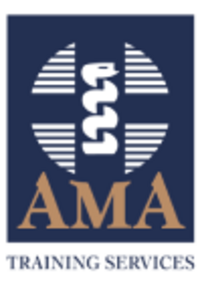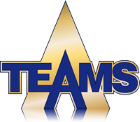
This role has a high level of AI exposure. While some human skills are required, many tasks could be automated or replaced by new technology.
Explore all careersA Medical Secretary handles administrative tasks in healthcare, including scheduling appointments, managing correspondence, and liaising with patients and providers.
Get qualified to work as a Medical Secretary with a course recognised across Australia. Speak to a training provider to learn more.


















In Australia, a full time Medical Secretary generally earns $1,100 per week ($57,200 annual salary) before tax. This is a median figure for full-time employees and should be considered a guide only. As you gain more experience you can expect a potentially higher salary than people who are new to the industry.
 Courses.com.au Team
Courses.com.au Team
The number of people working in this job role has grown strongly in recent years. There are currently 46,700 people employed as a Medical Secretary in Australia compared to 42,000 five years ago. Medical Secretaries may find work across all regions of Australia.
Source: Australian Government Labour Market Insights
 Courses.com.au Team
Courses.com.au Team
If you’d like to start a career as a Medical Secretary, consider enrolling in a Certificate III in Business Administration (Medical). This course will give you the skills to interpret medical terminology, manage patient records and process medical accounts. A Certificate III in Health Administration may also be appropriate.
 Courses.com.au Team
Courses.com.au Team
Browse occupations related to Medical Secretary



If you're considering a rewarding career in the healthcare sector, exploring Medical Secretary courses in Victoria may be the perfect starting point. This field plays a crucial role in ensuring a smooth running of healthcare facilities, making it essential to equip yourself with the right qualifications. In Victoria, there are numerous options to choose from, catering to both beginners and those who are looking to advance their career.
For those just starting, several beginner-level courses are available to provide foundational skills in health administration and medical terminology. Notable options include the Certificate III in Health Administration (HLT37315) and the Certificate III in Business (Medical Administration) (BSB30120). Additionally, the Interpret and Apply Medical Terminology Appropriately (BSBMED301) course is perfect for those wanting to understand the specific jargon used in healthcare settings. Enrol in these courses to kick-start your journey in a fulfilling career in the medical field.
For more experienced individuals, advanced courses such as the Certificate IV in Health Administration (HLT47321) and the Diploma of Healthcare Documentation (10795NAT) are excellent choices for enhancing your professional skills. The Undergraduate Certificate in Health Care Communications provides an opportunity to advance your knowledge in patient interaction and communication, crucial for effective healthcare delivery. Furthermore, the Certificate IV in Health Administration (HLT47315) allows professionals to build on their existing expertise and take on more significant responsibilities within their organisations.
With eight diverse Medical Secretary courses in Victoria, individuals can find the right path to suit their career goals and aspirations. Whether you are just starting or looking to enhance your qualifications, the opportunities for growth and learning in the medical administration field are substantial. Take the next step towards a rewarding career by exploring the courses available today and find the perfect fit for your educational journey.